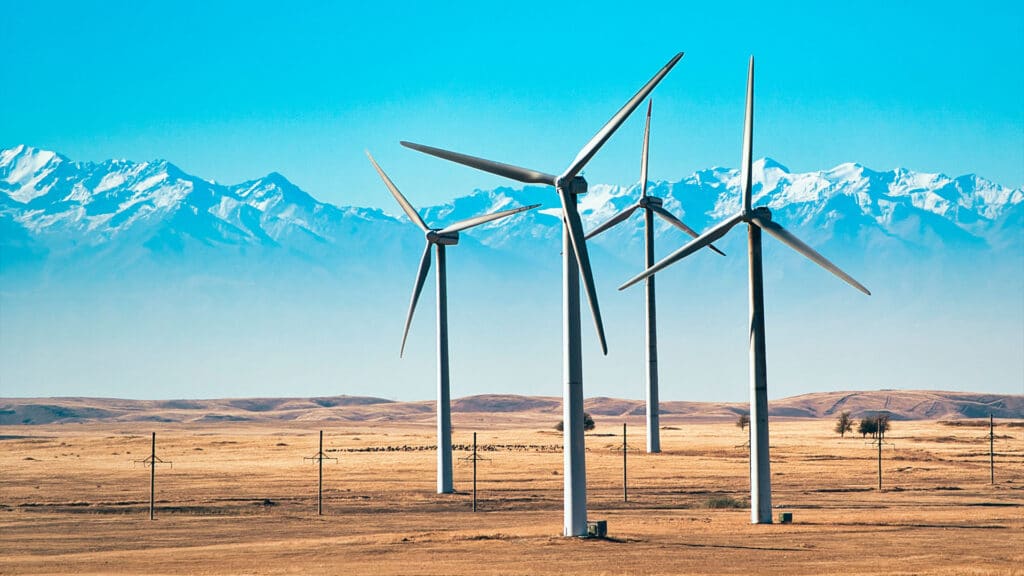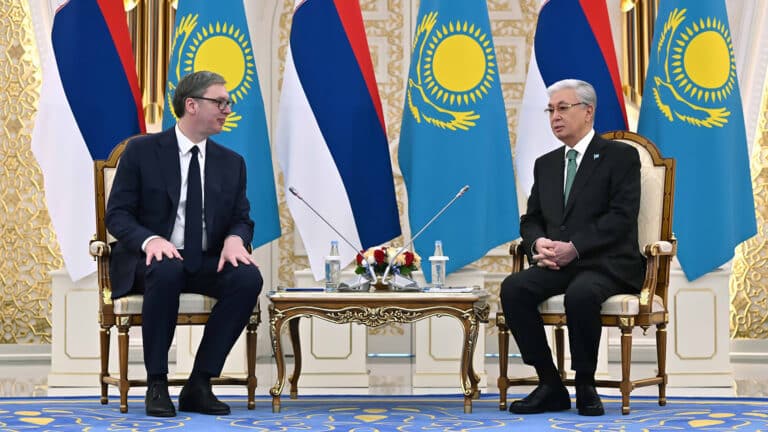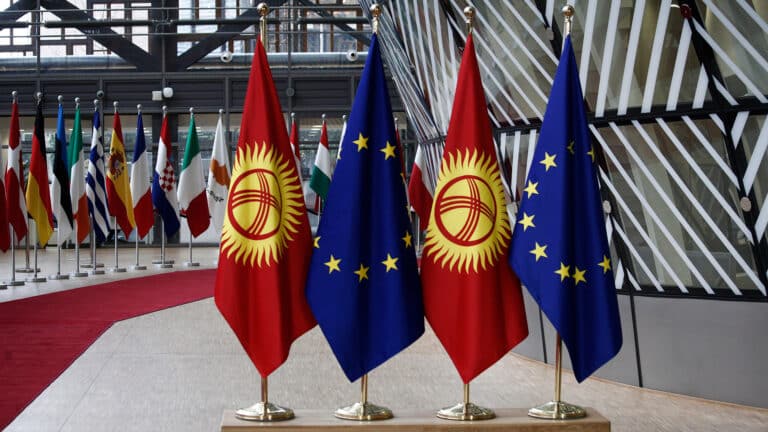
Investors planning to build renewable energy facilities in Kazakhstan will be required to provide proof of land ownership before participating in an auction, according to a draft document from the Ministry of Energy.
«During the selection process for project designs of any facility utilizing hydrodynamic power of water, waste materials, biomass, biogas and other fuel sources from waste to generate electricity, copies of documents proving ownership of the land designated for the construction of the facility are required,» states one of the new requirements for renewable energy auctions.
The explanatory note to the amendment emphasizes that the current legislation does not mandate the construction land to be located near the proposed project site. As a result, many auction participants have submitted documents for land located miles away from the project site or even in other regions.
Furthermore, renewable energy projects are proposed to be categorized based on their capacity: projects up to 499 megawatts and those exceeding this threshold. This requirement is introduced to clarify the technical specifications for future renewable energy facilities.
The new rules also require the auction organizer to review the documents provided by applicants intending to build renewable energy facilities and notify them of any shortcomings within two days. In turn, applicants will have an additional two days to address the issues and resubmit their documents online.
According to estimates by KEGOC CEO Nabi Aitzhanov, renewable energy sources (RES) could account for 34% of all electricity produced in Kazakhstan by 2030. In 2024, RES accounted for 6.7% of total electricity production. Officially, Kazakhstan aims to increase this share to 15% by 2030 and 50% by 2050. To facilitate this goal, the government has entered into agreements with several countries to offer foreign currency tariffs for 25 years. These would impact foreign investors of large-scale projects ranging from 500 to 1,000 megawatts.













